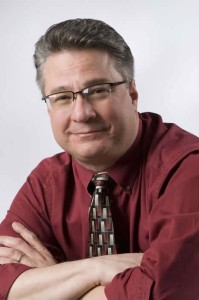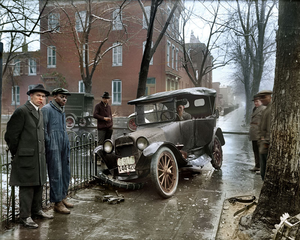 A great article in the Guardian by Russell Brand. He’s doing some great work.
A great article in the Guardian by Russell Brand. He’s doing some great work.
‘Russell Brand has not used drugs for 10 years. He has a job, a house, a cat, good friends. But temptation is never far away. He wants to help other addicts, but first he wants us to feel compassion for those affected.
The last time I thought about taking heroin was yesterday. I had received “an inconvenient truth” from a beautiful woman. It wasn’t about climate change – I’m not that ecologically switched on – she told me she was pregnant and it wasn’t mine.
I had to take immediate action. I put Morrissey on in my car as an external conduit for the surging melancholy, and as I wound my way through the neurotic Hollywood hills, the narrow lanes and tight bends were a material echo of the synaptic tangle where my thoughts stalled and jammed.













